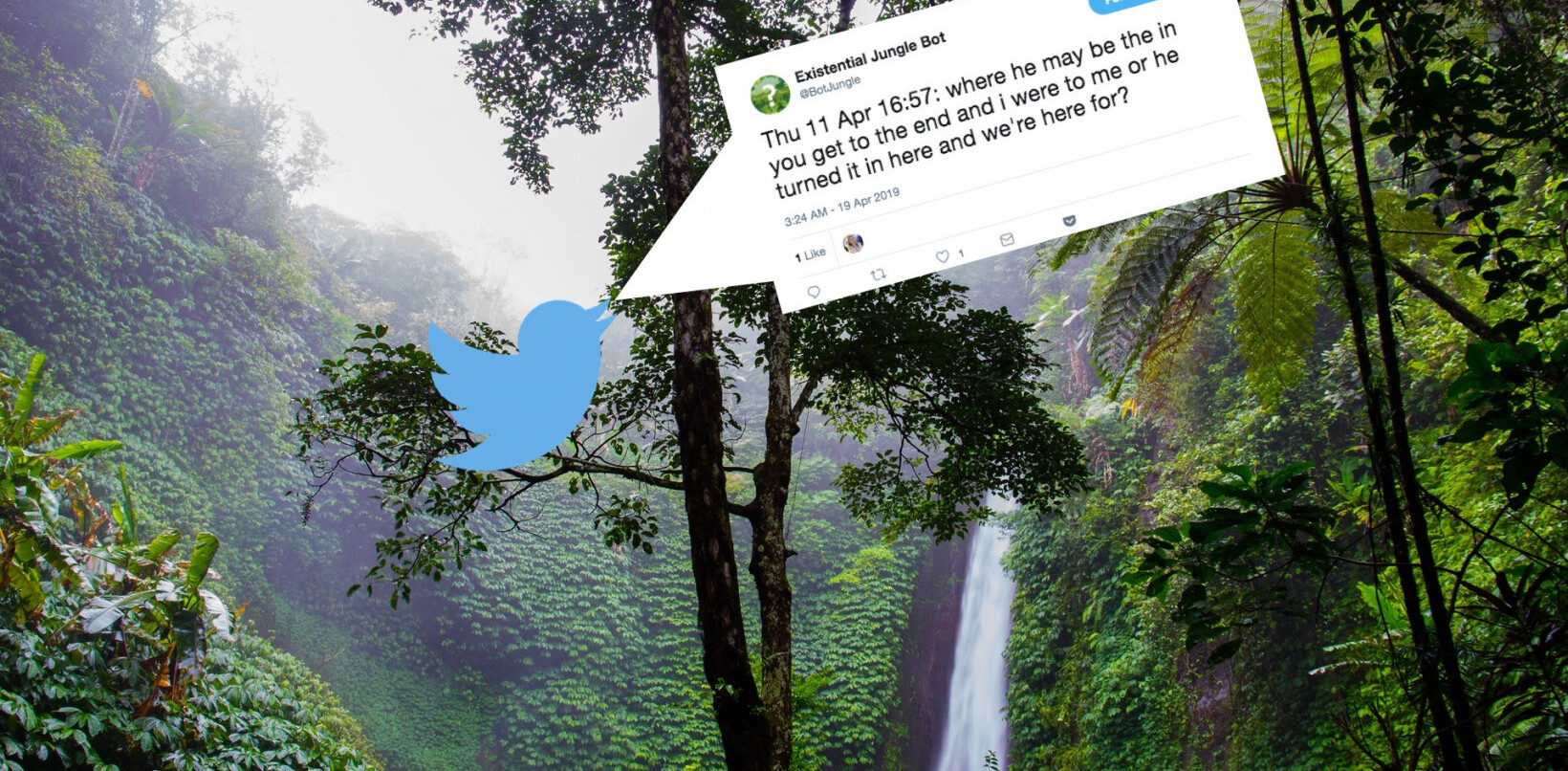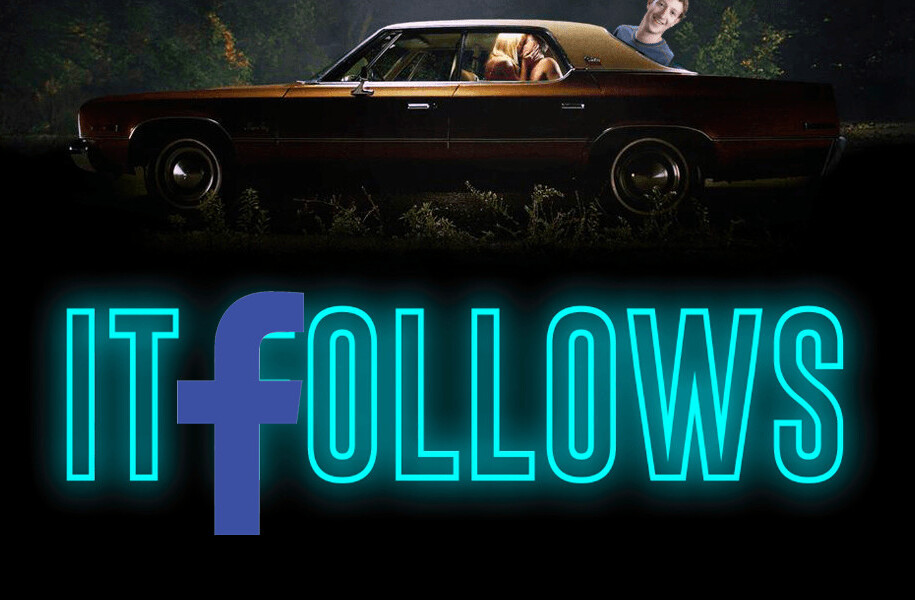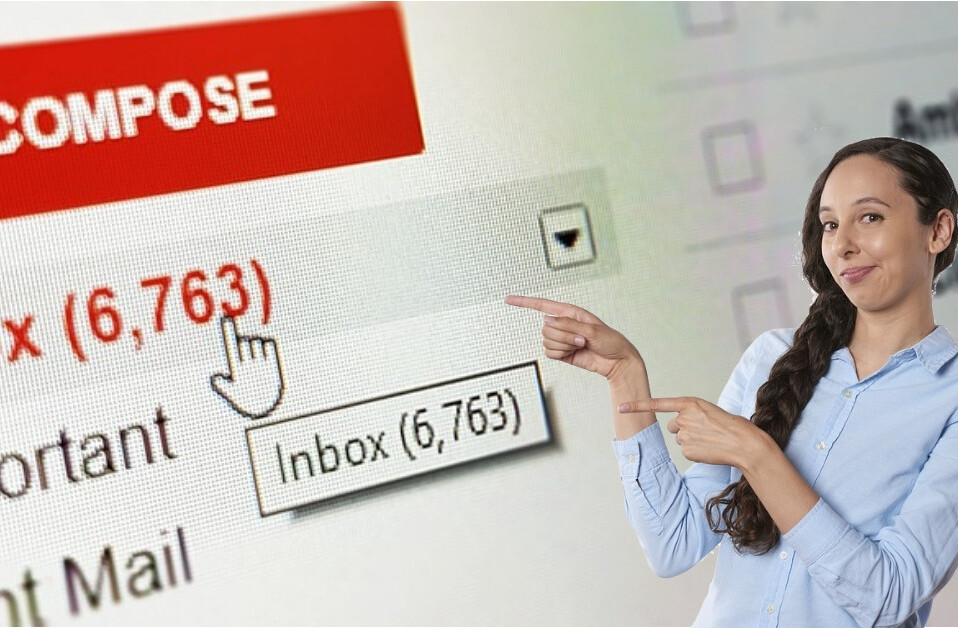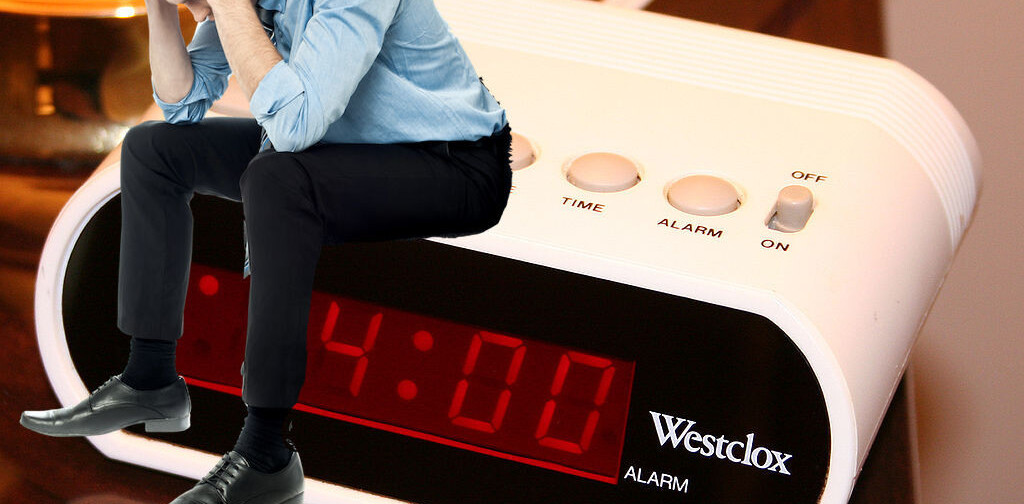
Everything seems to be moving so much more quickly nowadays. Why throw a grilled cheese sandwich on an actual grill when you can just toss it into an automatic sandwich maker? Why have mom over to show off your new apartment when you can just pop into FaceTime for a quick video chat? Why drive over to the library when you can pull up Wikipedia or do a Google search? In fact, why open a window when we can check the weather on our phones?
Technology has made us become lazy
In the 21st century, technology has evolved to accommodate a more convenient lifestyle and meet every need that could possibly need fulfilling. With the right tech in your home, you might not ever need to leave your bed! Below, see our list on how technology has made you lazy.
1. A massive amount of entertainment without leaving the sofa
Back in the good old days, we had to dip into stores like Tower Records or Rasputin to pick up the new Britney Spears album, or stop by Hollywood Video to rent a new flick. Thanks to technology, these tasks are a breeze!
 From the comfort of my own apartment, while watching the fight on Pay Per View, I can pause mid-match to double check that my favorite songs on iTunes have been downloaded or my playlists on Spotify synced to my smartphone. I switch inputs on my television to my PS3 which has a Blu-Ray DVD of Avatar in to watch one of my favorite clips. I then slip on my XBOX 360 headset to flip inputs again and finish up party chatting with my friends list, as they’ve been waiting for me to play a session of Call of Duty: Black Ops with them. After a quick round, I flip back to Pay Per View, resume the fight, and tweet out what’s happening on screen like a sports announcer, amusing myself with the flood of replies.
From the comfort of my own apartment, while watching the fight on Pay Per View, I can pause mid-match to double check that my favorite songs on iTunes have been downloaded or my playlists on Spotify synced to my smartphone. I switch inputs on my television to my PS3 which has a Blu-Ray DVD of Avatar in to watch one of my favorite clips. I then slip on my XBOX 360 headset to flip inputs again and finish up party chatting with my friends list, as they’ve been waiting for me to play a session of Call of Duty: Black Ops with them. After a quick round, I flip back to Pay Per View, resume the fight, and tweet out what’s happening on screen like a sports announcer, amusing myself with the flood of replies.
That’s TV, movies, video games, hanging out with friends, and getting my music updated all without ever having to get up from my couch.
2. Checking in with loved ones without really checking in
I’m not sure what your parents are like, but mine like to check up on me constantly. Thankfully, I don’t have much to hide, and technology has made it easy for me to keep both friends and family updated on where I am at all times.
Google Latitude, for example, is probably the most invasive but helpful GPS tracker that I’ve seen on smartphones as it pings out a constant broadcast of where you are on a map to whoever you allow to see it. Other services like Foursquare or Facebook Places let you check into your favorite restaurants or venues and leave both tips, advice, and reviews on the locales you’ve visited. Now your friends will never have to check in on you, find out where you’ve been, or even discover what sort of food you like. Why bother, after all, when they can just browse through your check in history and skim your suggestions on Yelp?
Now there’s no need to check in with mom and dad — I’ve got technology to do it for me.
3. Restaurant food delivery
 Did you know that even restaurants are making it easier for you to get their food without ever having to actually visit? GrubHub is a neat service that allows you to sort through all of the restaurants near your location that allow for delivery or pickup. You can categorize them according to food type (Italian, Mexican, American, etc), price, rating, etc — they essentially make it incredibly simple for you to discover what’s nearby, tasty, and open at the right hours. You can pick online from full restaurant menus, then leave special instructions for your food and delivery. There’s no reason to leave your home when you can have food from every part of the world delivered right to your doorstep.
Did you know that even restaurants are making it easier for you to get their food without ever having to actually visit? GrubHub is a neat service that allows you to sort through all of the restaurants near your location that allow for delivery or pickup. You can categorize them according to food type (Italian, Mexican, American, etc), price, rating, etc — they essentially make it incredibly simple for you to discover what’s nearby, tasty, and open at the right hours. You can pick online from full restaurant menus, then leave special instructions for your food and delivery. There’s no reason to leave your home when you can have food from every part of the world delivered right to your doorstep.
Other services similar to GrubHub: Seamless Web, Foodler, and eat24hours.
4. Online shopping
Is there a sale going on at your favorite store that you have no time to get to? No worries — the Internet is here for you. Online sites like Amazon.com or Nordstrom.com have eliminated the need for you to experience the beauty of sunshine. Now, the comforting glow of your backlit monitor is all the artificial light you’ll need!
You can easily buy shoes, books, makeup, groceries, and even underwear or specialty gifts like personalized jewelry from the convenience of your own home (a couple of our favorite shopping startups are Gilt Group, Of a Kind, StyleTrek and AHALife). When you’re done shopping, why not flip to the Home Shopping Network while you’re at it or book a discounted vacation on Jetsetter? No need for telephone calls or in-store visits — technology has you covered.

5. Quality time with friends
With so many friends to keep track of, who actually has the time to hangout in real life anymore? Social media has made communicating with other people so easy that you now don’t actually need speak to anyone. Why bother picking up your phone and checking in with a friend when you can send them a quick wall post on Facebook to let them know you care? The shortcuts of communicating through networking services like Facebook and Twitter have done away with our traditional social obligations.
Social media has made life so easy, in fact, that some of us only remember our friends’ birthdays from Facebook! Social music services like Last.FM and Spotify even let us browse through what music our friends are listening to without ever having to ask them ourselves. We can even discover what our friends have been up to, who they’re talking to, and what events they have planned by browsing their user profiles and following their feed.
Through planning apps like Plancast and Forecast, you can actually discover events that your friends are planning on attending, as well as plan events of your own and coordinate accordingly. Training Mobs is the fitness version of such apps that helps you organize plans with friends in a more health and wellness-centric category.
We can even use services like Skype or FaceTime for quick video chatting, or Google+’s new Hangouts for “face-to-face” sessions.
6. Journalists mining for stories
It used to be that news came directly from the sources, or from hard research on the field. This isn’t to say that reporters and mass media outlets don’t rely on these same tactics anymore or that we are lazy when it comes to our research, but it can definitely be said that the process of mining for stories has become much easier. In fact, for this article we tweeted the question: “How has technology made you lazy?” and are even using some of your responses in this post!
With services like Quora and Twitter making the process of getting quick responses to questions easier and faster, it’s no surprise that tech reporters are already utilizing these services to gather and poll feedback from our own followers. The Weather Channel has even found a way to use Twitter to gather tweets coming in about the weather, effectively recruiting an enormous collection of field-reporters all commenting on the skies!
7. No more running your own errands
Too busy living your easy life to actually handle errands yourself? Enter: TaskRabbit. TaskRabbit is a service that connects people who need help with background-checked and pre-approved individuals who are happy to accommodate those needs for a sum. By delegating your chores to TaskRabbit users, you can free up your time to do whatever else it is that might be doing. Now you can have your dishes washed, laundry done, lawn mowed and food cooked while you sit back and read your favorite book, or flip through a few channels on TV.
Other sites similar to TaskRabbit: AskSunday, TimeSvr, and GetFriday.
8. No more perusing the bookstore
 Inventions like the Kindle are doing so well that they are actually putting stores like Borders out of business and forcing physical book stores to adopt the emerging trend in digital book reading. Barnes and Noble, for example, has released the Nook as a competing e-book reader.
Inventions like the Kindle are doing so well that they are actually putting stores like Borders out of business and forcing physical book stores to adopt the emerging trend in digital book reading. Barnes and Noble, for example, has released the Nook as a competing e-book reader.
With devices like these, you can shop online for a new book while reading through clips, quick book reviews, and comparing similar reads. After deciding on a new book to pick up, you can quickly download it to your e-book reader and have the new novel you’ve been dying to read delivered to your hands in only a few seconds. College students can now shrug their heavy backpacks off and tote around a single e-book reader that carries all of their weighty textbooks and squeezes in whatever they might be reading for pleasure. You can even annotate, leave little notes, and share your favorite quotes or snippets with the web through automatic Twitter or Facebook integration.
9. No more waiting on hold with 1-800 numbers
You’ve been desperate to get ahold of someone to handle some missing luggage from the airport, and you’re tired of pressing 1 to speak to a human, only to find yourself selecting from another large and monotonous menu of buttons to press just to decide on what type of human you want to speak to. Irritation follows when the system doesn’t register your commands and asks that you speak out loud, then muddles up your request even further.
FastCustomer is a new app available for free on iPhone and Android that cuts out the annoying waiting time you spend dialing 1-800 numbers, and connects you directly to the people you need to get ahold of. Let’s face it, some of us are way too busy to waste time on hold. With FastCustomer, we can now go back to getting things done (or go back to laying around doing nothing) while the app dials in, waits on hold for us, presses the buttons that need to be pressed, and calls us back when it’s ready to connect us with a human representative. Nice!
Other apps similar to FastCustomer: LucyPhone and Fonolo.
10. News at your fingertips
We mentioned Wikipedia, Quora, and Twitter earlier: services that make it easier for us to source information online. What about more recent news and updates? With technology, there is no need to crack open a newspaper and flip through to your favorite section. Online, we have access to services that both aggregate our favorite news sources and shoot the most “interesting” headlines into view, as well as applications that combine our subscribed feeds and pool them into one convenient location.
FlipBoard for iPad is a fantastic e-reader that lets you subscribe to your Twitter and Facebook feed, while also combining headlines from news sources that you might want to read from. For example, you can subscribe directly to The Next Web’s All Stories Twitter account to get the headlines from all of our latest tech articles and have it delivered right to your iPad. RSS readers are a great way of subscribing to the news you find most relevant to your interests.
Zite is another incredible magazine-style news e-reader for iPad, except this app gets smarter as you use it. Zite differentiates itself by personalizing categories based on your interests through algorithms that learn your reading habits.
Other interesting news Apps are Pulse, SkyGrid, and Reeder.
11. No more getting lost or asking for directions
Where would we be without GPS? …No, seriously, where? Thanks to GPS on my TomTom or Smartphone, I now know exactly where I am and can tell you exactly how to get here or there from any position you delegate.
 Just this weekend I went on a camping trip with some friends, and if not for GPS and direction-based services like Google Maps, you probably would never have heard from me again. GPS has made it so easy for us to get from Point A to Point B that imagining a world without it is almost impossible. Some of us can’t even remember the last time we physically had to crack open a road map just to plot out a trip — everything is digital now.
Just this weekend I went on a camping trip with some friends, and if not for GPS and direction-based services like Google Maps, you probably would never have heard from me again. GPS has made it so easy for us to get from Point A to Point B that imagining a world without it is almost impossible. Some of us can’t even remember the last time we physically had to crack open a road map just to plot out a trip — everything is digital now.
With our lives quickly becoming more and more effortless, we are constantly trying to find new ways to fit more of what we want into our day without actually having to do anything. Aside from showering and eating, the amount of energy we need to exert to physically do things has been reduced tremendously (though I’m sure I could TaskRabbit someone into cooking for and feeding me as well).
Through the science of technology, quick fixes and life hacks have been made easy to discover. Though this makes me wonder: Are we too lazy? Are we so immersed in tech and convenience that we’ve forgotten how to live? Is this only a taste of our future, and is it a good one?
We look forward to your comments below!
Get the TNW newsletter
Get the most important tech news in your inbox each week.




